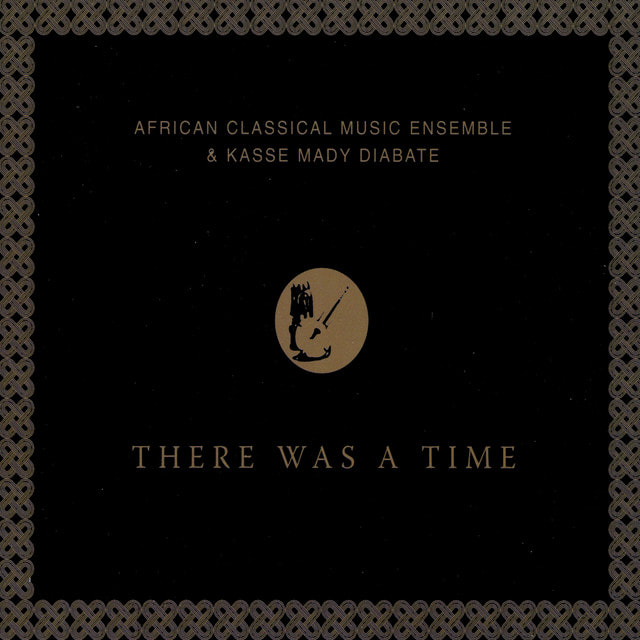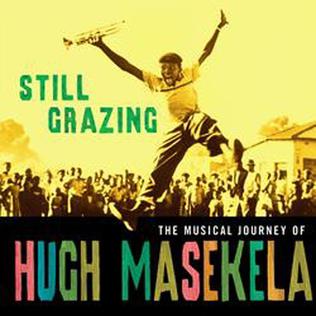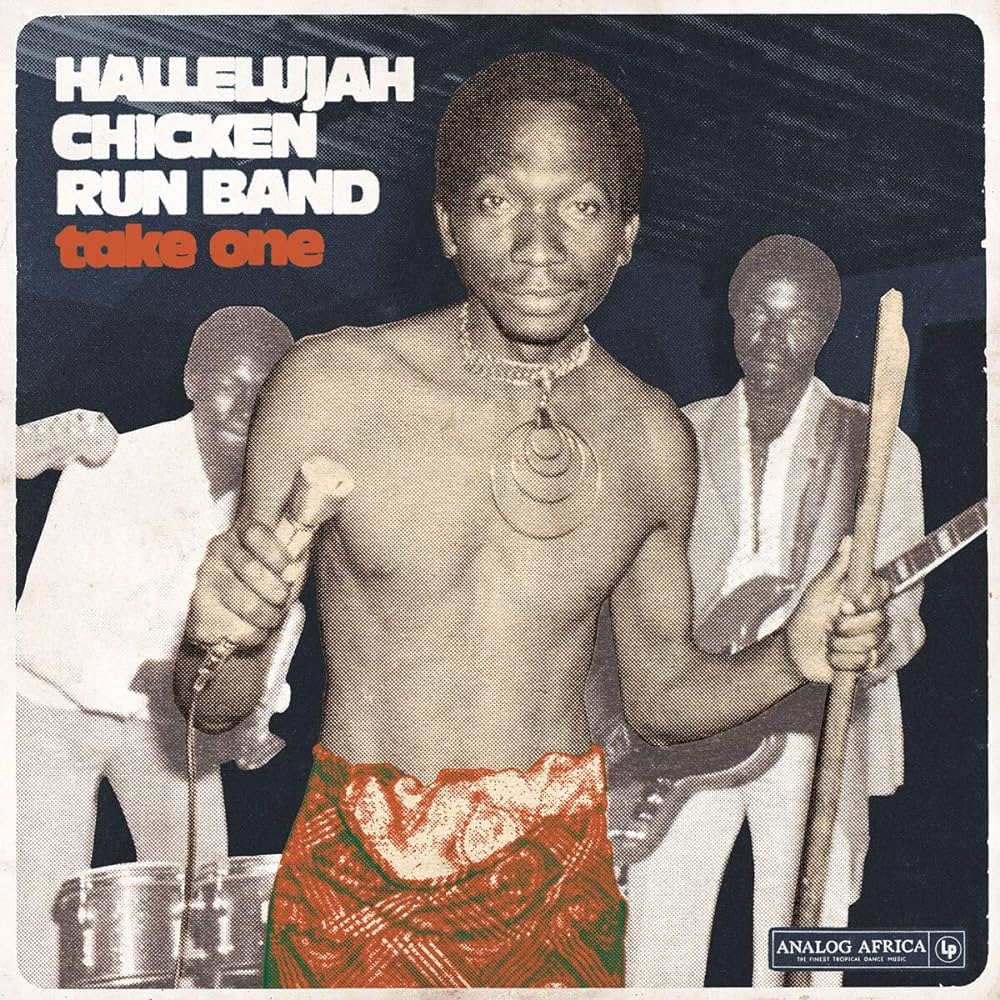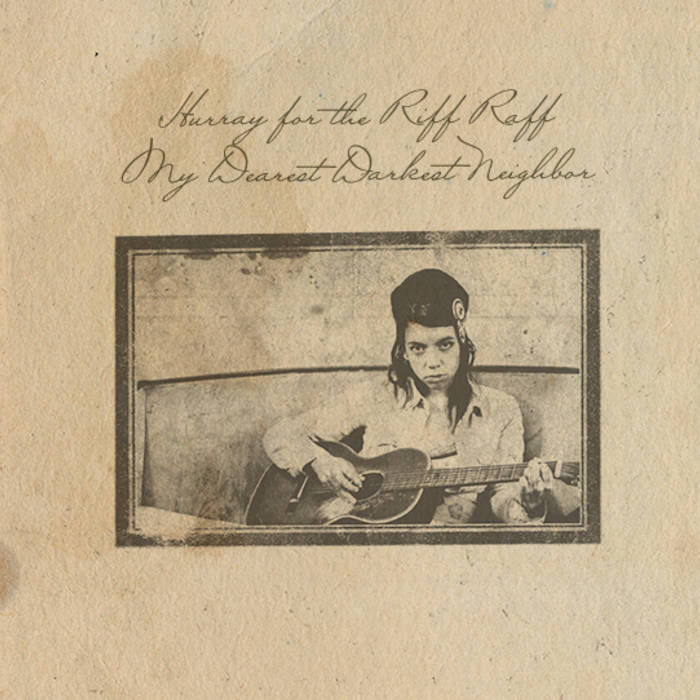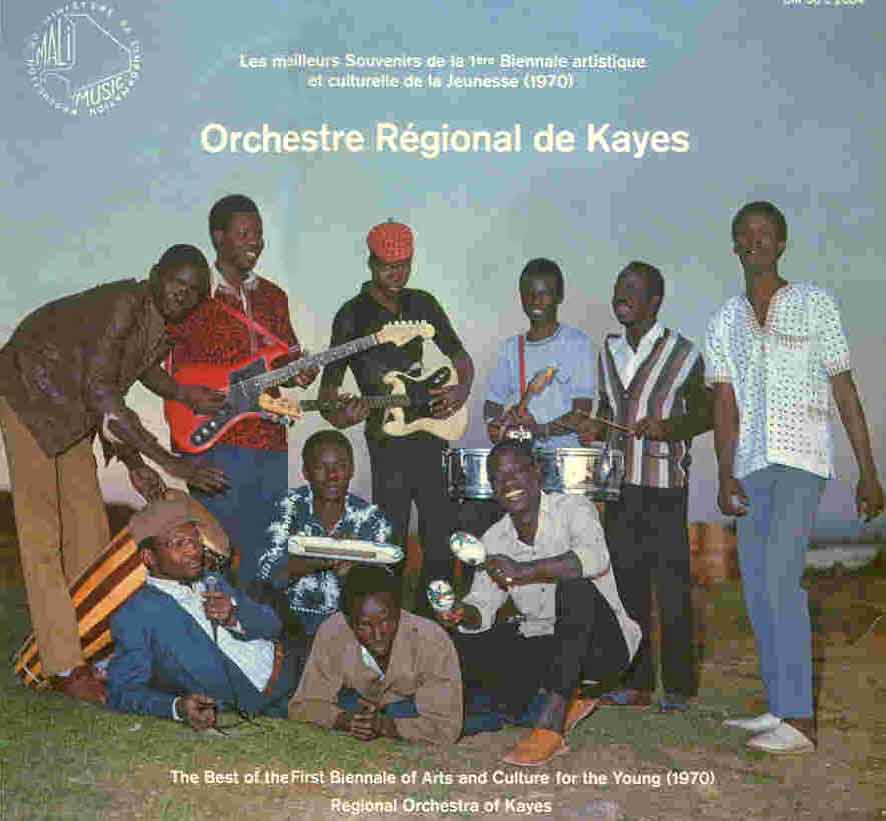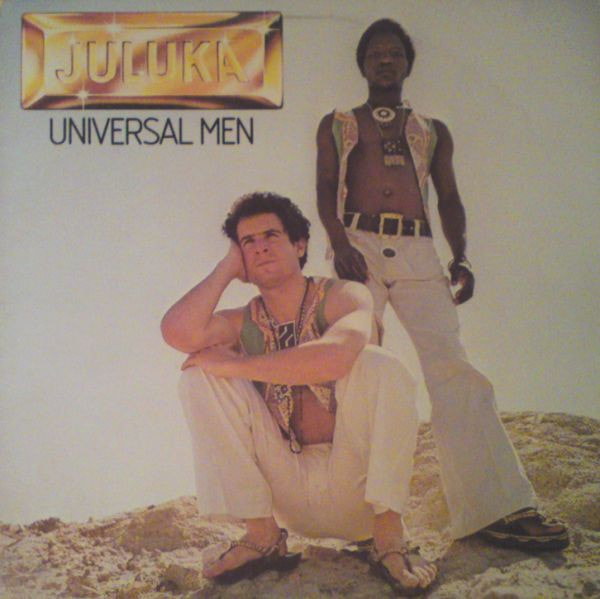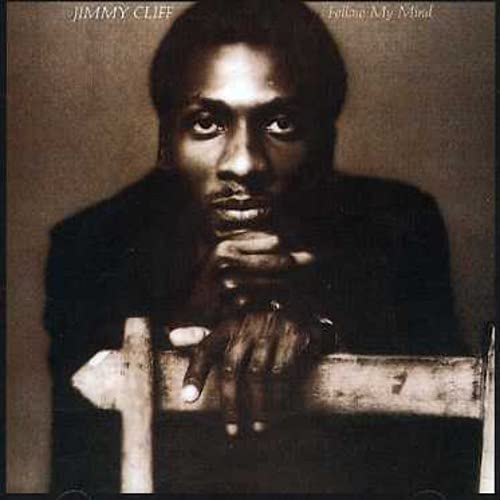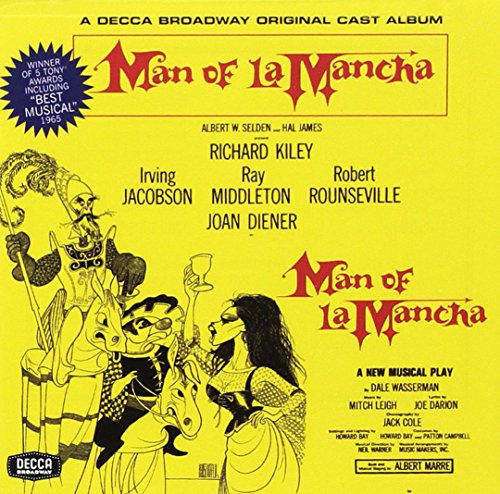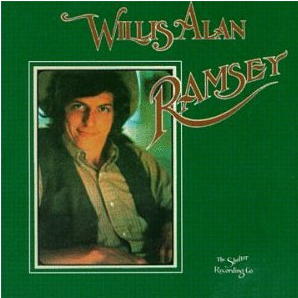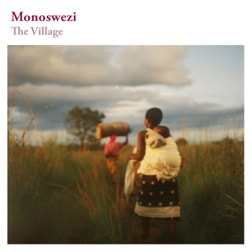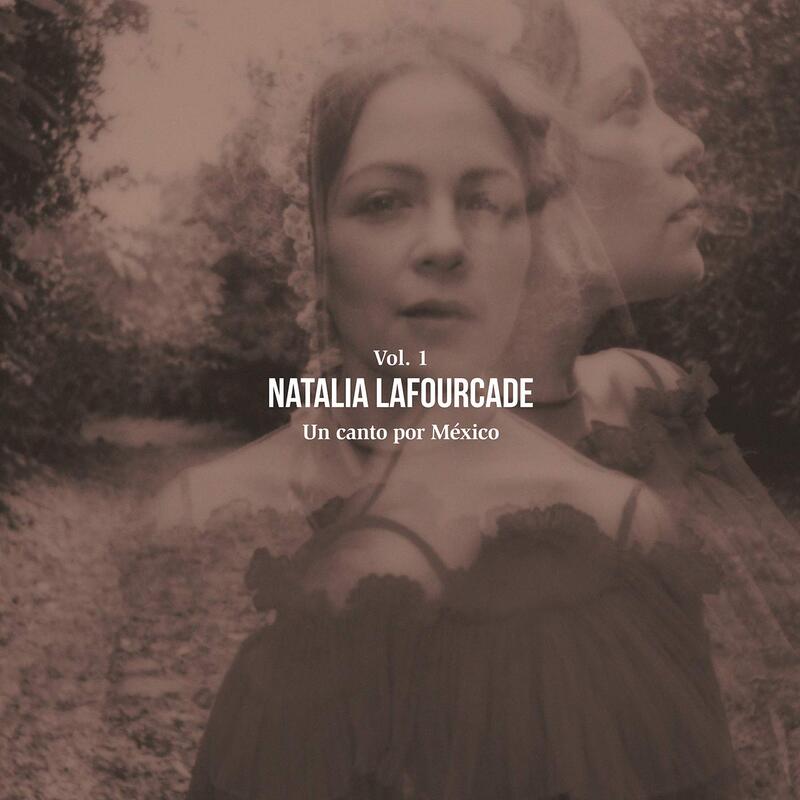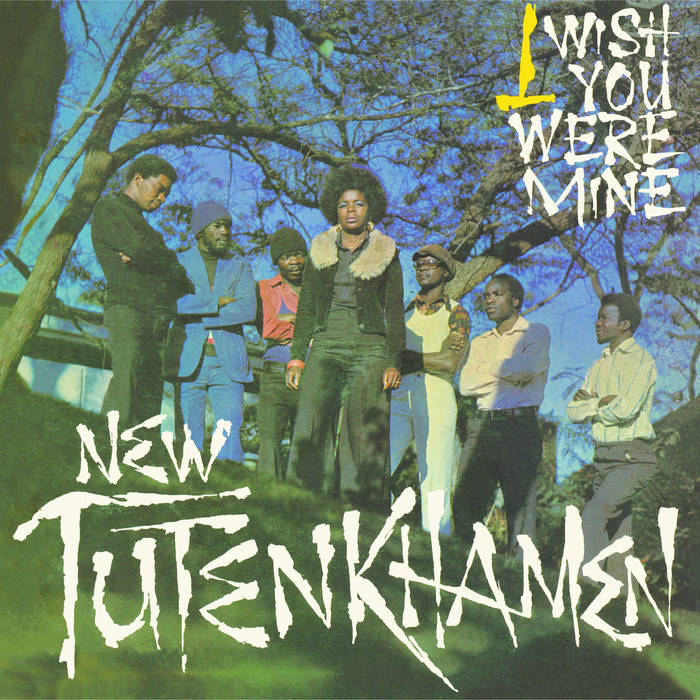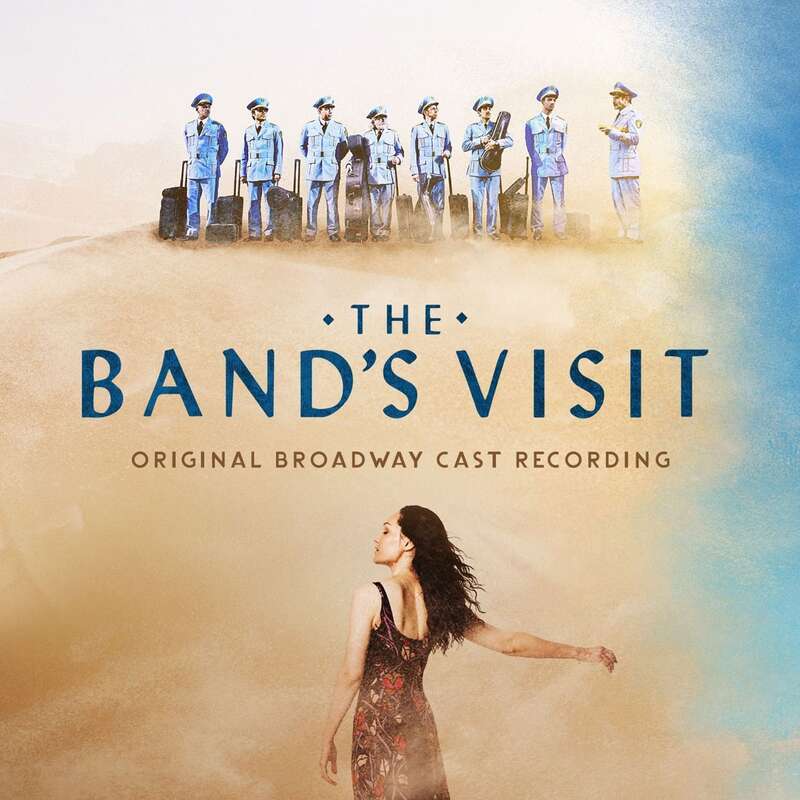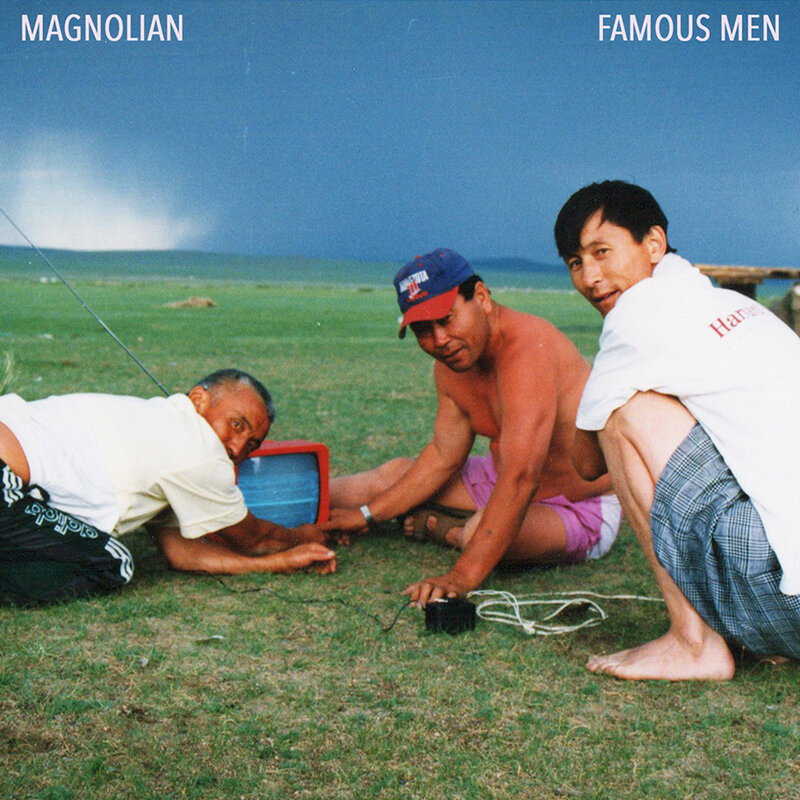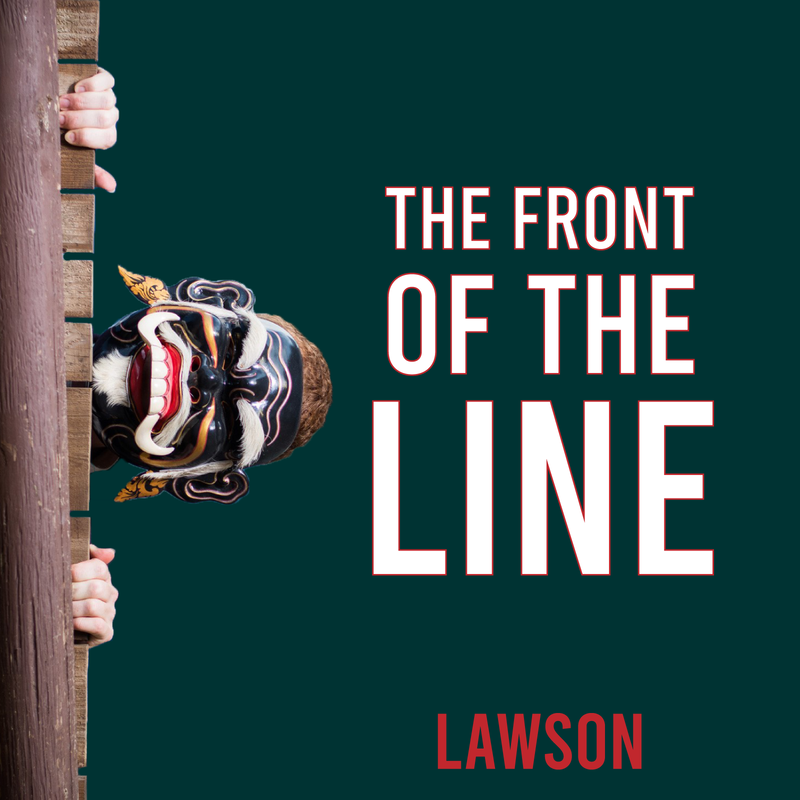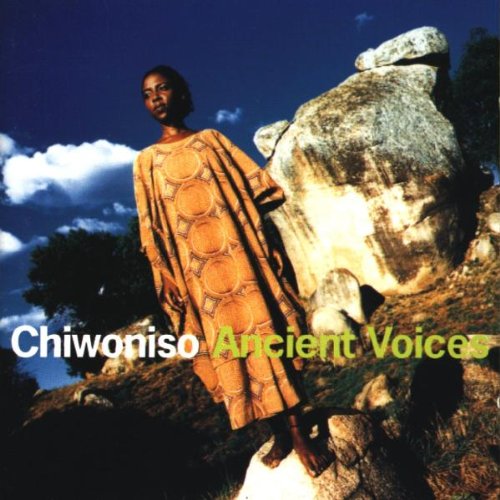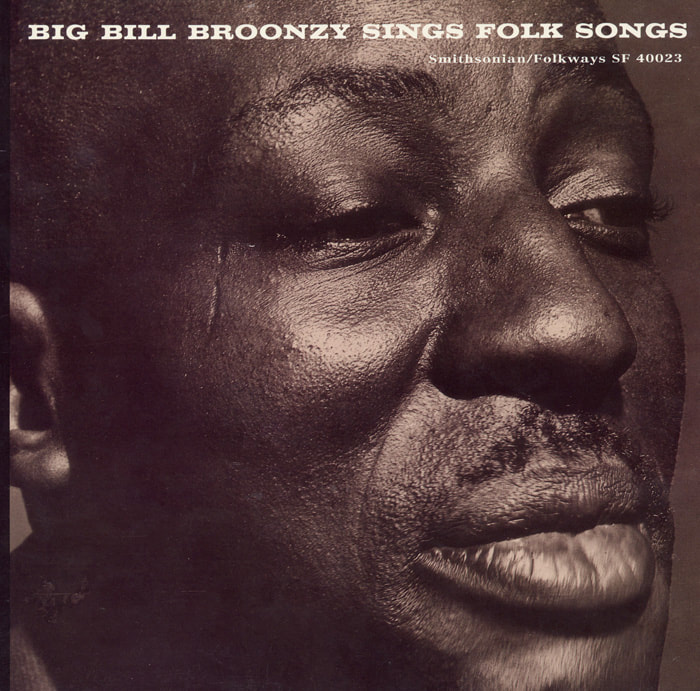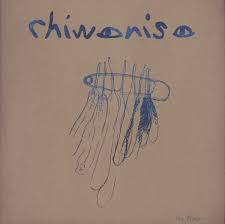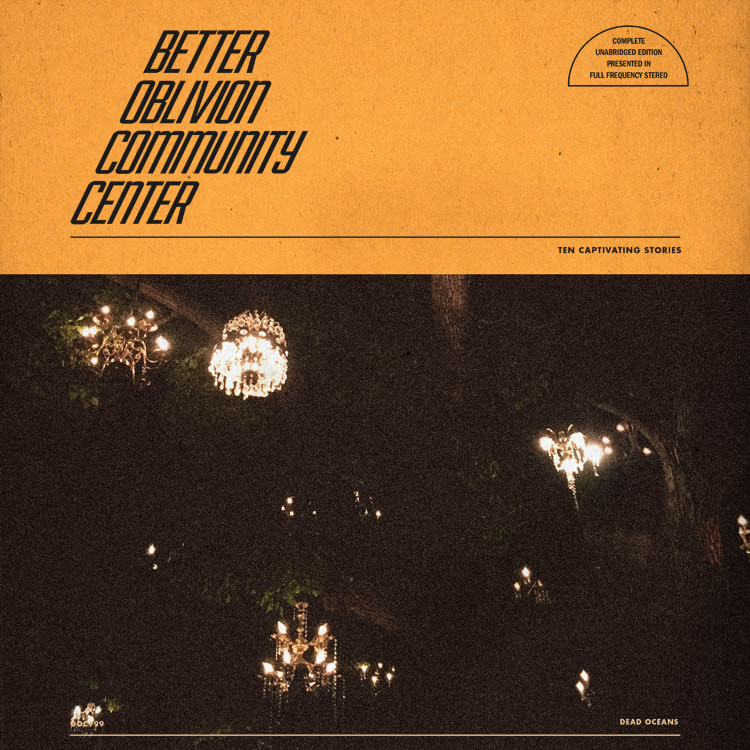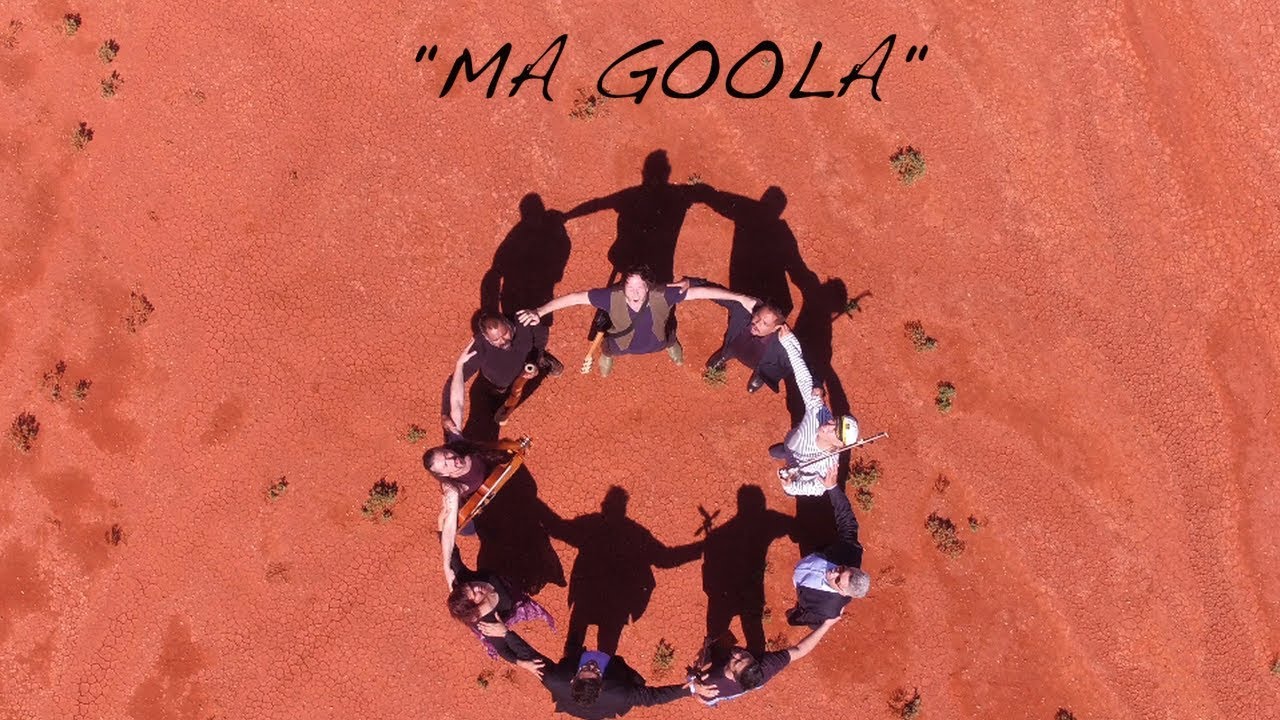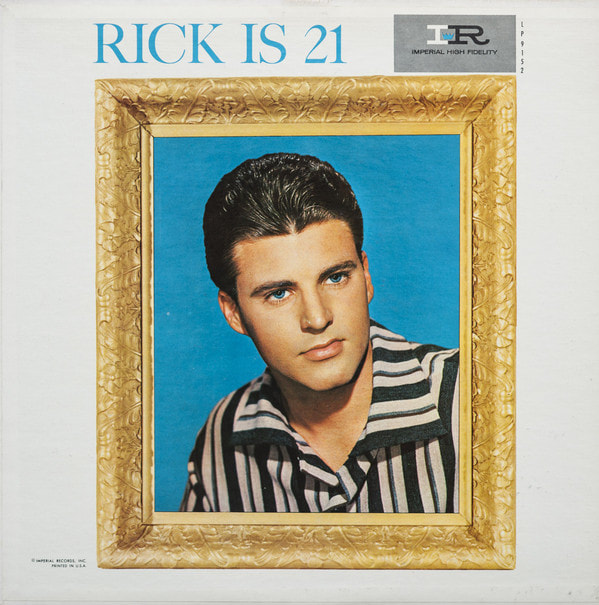TL;DR – Next time you feel like “cancelling” somebody, reach out to them and try to engage in a one-on-one conversation about whatever they said or did that you take issue with. By ganging up on them and publicly shaming them, you force them to be your enemy. We cannot change the world, but we can change people, and it can only be done one person at a time.
An Alternative to Cancel Culture
Do you want to improve the world?
I don’t think it can be done.
The world is sacred.
It can’t be improved.
If you tamper with it, you’ll ruin it.
If you treat it like an object, you’ll lose it.
...
The [wise person] sees things as they are,
without trying to control them.
She lets them go their own way,
and resides at the centre of the circle.
- Lao Tzu, Tao Te Ching (trans. Stephen Mitchell)
And if any man obey not our word by this epistle, note that man, and have no company with him, that he may be ashamed. Yet count him not as an enemy, but admonish him as a brother.
- II Thessalonians 3:14-15
I used to say that the thing I wanted to accomplish most in my life was to make the world a better place. An admirable goal it is, but I was making the same mistake as many other empathic, well-intentioned people who have passed this way before and as surely many more will make before the sun expands to engulf the Earth, an asteroid hits us, or God comes to claim us all. The error is one of focus and specificity. “Making the world a better place” sounds nice and captures the positivity of emotion that we seek to effect, but it is not an actionable strategy, for reasons eloquently explained in the 29th lesson of the Tao Te Ching (Book of the Way) quoted above. The world is already perfect—people are the problem.
Instead, what we should really seek to do is to teach each other—to share lessons from our unique personal experiences with life that could help others to pass their temporal existence in a more fulfilling manner. Anybody who seeks “to make the world a better place” should agree that a world where everyone is supportive, collaborative, and considerate, free to pursue individual achievement in a way that works towards, rather than detracts from, the common good of all humanity, is pretty much the ideal. The question of how to achieve this (what seems to me to be the execution of the “objective morality”) is what has been tying us in knots for millennia.
One particularly popular method these days has been labelled as “Cancel Culture.” The sweeping term is used to describe the manner in which people with common socio-political views gather together, often on the internet, to publicly shame anyone whose actions or words they believe go against their (the accusers’) idea of morality. Accuser’s often make emotional, rather than rational, arguments in order to stimulate a visceral response from their followers, augmenting their individual power in what can be sympathetically described as an attempt to “make the world a better place.” The problem with “Cancel Culture” is that it doesn’t actually stop the people who are really causing a ruckus out there, instead causing more emotional harm for and damage to the professional careers of people who are trying to do the right thing.
While our good buddy the apostle Saul/Paul said some things I find fault with, I think he was pretty spot-on with the above quote from his letter to the church at Thessaloniki. It needs to be interpreted because it’s two thousand years old, but human brains are built to interpret things, so that shouldn’t be a problem. “Cancel Culture” is all about “having no company” with anyone they disagree with and making them feel “ashamed,” but that meant something very different back in 40 AD/CE than it does now. Paul is probably talking about a temporary ostracism from group/community rituals to force the shame-ee to reflect on the error in their ways, not any kind of permanent ban. And way back then, it wasn’t as easy for someone who is banished from one group to go and find another who they agree with. Now, one need only navigate to a different page on reddit, or group on facebook. After the shame-ee had been given some time to think, they are brought back into the fold and forgiven—that’s how somebody should treat their brother or sister.
The options “Cancel Culture” gives you are submission or permanent ostracism. This reminds me a lot of Henry the VIII and Thomas More (author of Utopia and long-time friend of the King). Among other charges, More was unwilling to swear an oath giving authority over the Church to the King, sticking to his Catholic philosophy that the Pope was God’s word on Earth, so he was beheaded. “Cancel Culture” has been blamed as a part-cause in numerous suicides since the term was coined, so I don’t think that this comparison is too far off (here’s just one of many examples).
I’m going to go out on a limb here and project my own personal experiences onto this conversation—I don’t think the people who kill themselves as a result of “Cancel Culture” are the ones who are part of “the problem” that the accusers are trying to fix. In my experience, people who tend towards suicidal thoughts, including myself, are the ones who really want to be good. When “Cancel Culture” leads to suicide, I think it is a matter of the victims being convinced that they really are contributing to a worse society, or that they simply have no role in helping to build a better one, and therefore we would all be better off without them. To be clear, I do not believe the world is ever better off without anyone who truly wants to do good. (We can all help prevent suicide. The National Suicide Prevention Lifeline provides 24/7, free and confidential support for people in distress, prevention and crisis resources for you or your loved ones.
1-800-273-8255).
The other form of permanent ostracism that results from “Cancel Culture” is manifested in the new conservative social media platform, Parler. People who really don’t care what the accusers have to say about them will, as I mentioned earlier, just go find another space where they can say the same things. In this way, “Cancel Culture” contributes to a more divided society where individuals are exposed to less diversity of opinions and perspectives—this is the exact opposite of what many participants in “Cancel Culture” claim to be promoting (especially in cases where “Cancel Culture” is used to elevate the voices of members of historically underrepresented or oppressed populations).
When someone actually does submit to “Cancel Culture,” they are either lying (maliciously or simply to survive) or they are allowing their opinions and values to be directed by peer pressure, which is the same thing that our parents and teachers told us to avoid because it would lead us into making stupid decisions. They were right about that, but peer pressure also limits the diversity of opinions and perspectives available to us and restricts individuality and freedom—thus it is a key ingredient in most recipes of social dysfunction.
But this little essay isn’t about “Cancel Culture,” it’s about an alternative. Don’t worry, I won’t go on much longer, and I don’t have to because in this case the best solution is very simple. Here it is: treat people as individuals, and when you’re offended or concerned by something someone says or does, speak to them as an individual. Have a conversation.
I know that seems harder to do when there’s a pandemic going around, but actually it might be easier (for people my age at least). Folks like me hate confrontational in-person conversations, and a debate or discussion about philosophical, social, or political disagreements might be more comfortable over Zoom or Facetime or some other digital medium. Send them a facebook message and say “Hey – I don’t want to be a h8r, and I’m not trying to call you out, so I’m sending this as a DM. I’m a little offended/concerned by (or: I think some people might take offense or disagree with) what you said/did here/there. I’d just like to talk about it, share my perspective, and hear yours because I know I’m not an omniscient expert on all things.” If they don’t want to talk in-person, you can still discuss it over chat. Just remain civil and urbane in deportment. Don’t play “gotcha,” don’t try to “win”—try to understand. That’s how we will move as a society closer to the ideal I described above and that I truly believe most “Cancel Culture” participants, and really most people in the world, want to manifest.
I’ve used this method before—I reached out over facebook to someone who I thought was being a little too judgmental about people who disagreed with them on a particular topic. We exchanged several messages, found common ground on the subject, and then became (what I believe to be) really close digital pen-pals who continue to discuss our shared love of music frequently more than a year later. I’ve thrown people out of my life before—unfollowed them, ignored their text messages, or whatever—and I’ll tell you that finding a new friend instead of banishing an old one is much more fulfilling.
Don’t try to change the world—it’s not yours to &$^% with. Don’t treat anyone as your enemy. We’re all humans, we all get to share the Earth and this mystifying experience called life together, so we should treat each other as family. Families fight, families argue, families might shut the out “black sheep” for a little while (shoutout to you-know-who-you-are if you’re reading this), but in the end we talk it out, we forgive, we understand, and we keep on loving each other.
Stay friendly,
Lawson
Lawson Malnory
14 December 2020
Tempe, AZ
An Alternative to Cancel Culture
Do you want to improve the world?
I don’t think it can be done.
The world is sacred.
It can’t be improved.
If you tamper with it, you’ll ruin it.
If you treat it like an object, you’ll lose it.
...
The [wise person] sees things as they are,
without trying to control them.
She lets them go their own way,
and resides at the centre of the circle.
- Lao Tzu, Tao Te Ching (trans. Stephen Mitchell)
And if any man obey not our word by this epistle, note that man, and have no company with him, that he may be ashamed. Yet count him not as an enemy, but admonish him as a brother.
- II Thessalonians 3:14-15
I used to say that the thing I wanted to accomplish most in my life was to make the world a better place. An admirable goal it is, but I was making the same mistake as many other empathic, well-intentioned people who have passed this way before and as surely many more will make before the sun expands to engulf the Earth, an asteroid hits us, or God comes to claim us all. The error is one of focus and specificity. “Making the world a better place” sounds nice and captures the positivity of emotion that we seek to effect, but it is not an actionable strategy, for reasons eloquently explained in the 29th lesson of the Tao Te Ching (Book of the Way) quoted above. The world is already perfect—people are the problem.
Instead, what we should really seek to do is to teach each other—to share lessons from our unique personal experiences with life that could help others to pass their temporal existence in a more fulfilling manner. Anybody who seeks “to make the world a better place” should agree that a world where everyone is supportive, collaborative, and considerate, free to pursue individual achievement in a way that works towards, rather than detracts from, the common good of all humanity, is pretty much the ideal. The question of how to achieve this (what seems to me to be the execution of the “objective morality”) is what has been tying us in knots for millennia.
One particularly popular method these days has been labelled as “Cancel Culture.” The sweeping term is used to describe the manner in which people with common socio-political views gather together, often on the internet, to publicly shame anyone whose actions or words they believe go against their (the accusers’) idea of morality. Accuser’s often make emotional, rather than rational, arguments in order to stimulate a visceral response from their followers, augmenting their individual power in what can be sympathetically described as an attempt to “make the world a better place.” The problem with “Cancel Culture” is that it doesn’t actually stop the people who are really causing a ruckus out there, instead causing more emotional harm for and damage to the professional careers of people who are trying to do the right thing.
While our good buddy the apostle Saul/Paul said some things I find fault with, I think he was pretty spot-on with the above quote from his letter to the church at Thessaloniki. It needs to be interpreted because it’s two thousand years old, but human brains are built to interpret things, so that shouldn’t be a problem. “Cancel Culture” is all about “having no company” with anyone they disagree with and making them feel “ashamed,” but that meant something very different back in 40 AD/CE than it does now. Paul is probably talking about a temporary ostracism from group/community rituals to force the shame-ee to reflect on the error in their ways, not any kind of permanent ban. And way back then, it wasn’t as easy for someone who is banished from one group to go and find another who they agree with. Now, one need only navigate to a different page on reddit, or group on facebook. After the shame-ee had been given some time to think, they are brought back into the fold and forgiven—that’s how somebody should treat their brother or sister.
The options “Cancel Culture” gives you are submission or permanent ostracism. This reminds me a lot of Henry the VIII and Thomas More (author of Utopia and long-time friend of the King). Among other charges, More was unwilling to swear an oath giving authority over the Church to the King, sticking to his Catholic philosophy that the Pope was God’s word on Earth, so he was beheaded. “Cancel Culture” has been blamed as a part-cause in numerous suicides since the term was coined, so I don’t think that this comparison is too far off (here’s just one of many examples).
I’m going to go out on a limb here and project my own personal experiences onto this conversation—I don’t think the people who kill themselves as a result of “Cancel Culture” are the ones who are part of “the problem” that the accusers are trying to fix. In my experience, people who tend towards suicidal thoughts, including myself, are the ones who really want to be good. When “Cancel Culture” leads to suicide, I think it is a matter of the victims being convinced that they really are contributing to a worse society, or that they simply have no role in helping to build a better one, and therefore we would all be better off without them. To be clear, I do not believe the world is ever better off without anyone who truly wants to do good. (We can all help prevent suicide. The National Suicide Prevention Lifeline provides 24/7, free and confidential support for people in distress, prevention and crisis resources for you or your loved ones.
1-800-273-8255).
The other form of permanent ostracism that results from “Cancel Culture” is manifested in the new conservative social media platform, Parler. People who really don’t care what the accusers have to say about them will, as I mentioned earlier, just go find another space where they can say the same things. In this way, “Cancel Culture” contributes to a more divided society where individuals are exposed to less diversity of opinions and perspectives—this is the exact opposite of what many participants in “Cancel Culture” claim to be promoting (especially in cases where “Cancel Culture” is used to elevate the voices of members of historically underrepresented or oppressed populations).
When someone actually does submit to “Cancel Culture,” they are either lying (maliciously or simply to survive) or they are allowing their opinions and values to be directed by peer pressure, which is the same thing that our parents and teachers told us to avoid because it would lead us into making stupid decisions. They were right about that, but peer pressure also limits the diversity of opinions and perspectives available to us and restricts individuality and freedom—thus it is a key ingredient in most recipes of social dysfunction.
But this little essay isn’t about “Cancel Culture,” it’s about an alternative. Don’t worry, I won’t go on much longer, and I don’t have to because in this case the best solution is very simple. Here it is: treat people as individuals, and when you’re offended or concerned by something someone says or does, speak to them as an individual. Have a conversation.
I know that seems harder to do when there’s a pandemic going around, but actually it might be easier (for people my age at least). Folks like me hate confrontational in-person conversations, and a debate or discussion about philosophical, social, or political disagreements might be more comfortable over Zoom or Facetime or some other digital medium. Send them a facebook message and say “Hey – I don’t want to be a h8r, and I’m not trying to call you out, so I’m sending this as a DM. I’m a little offended/concerned by (or: I think some people might take offense or disagree with) what you said/did here/there. I’d just like to talk about it, share my perspective, and hear yours because I know I’m not an omniscient expert on all things.” If they don’t want to talk in-person, you can still discuss it over chat. Just remain civil and urbane in deportment. Don’t play “gotcha,” don’t try to “win”—try to understand. That’s how we will move as a society closer to the ideal I described above and that I truly believe most “Cancel Culture” participants, and really most people in the world, want to manifest.
I’ve used this method before—I reached out over facebook to someone who I thought was being a little too judgmental about people who disagreed with them on a particular topic. We exchanged several messages, found common ground on the subject, and then became (what I believe to be) really close digital pen-pals who continue to discuss our shared love of music frequently more than a year later. I’ve thrown people out of my life before—unfollowed them, ignored their text messages, or whatever—and I’ll tell you that finding a new friend instead of banishing an old one is much more fulfilling.
Don’t try to change the world—it’s not yours to &$^% with. Don’t treat anyone as your enemy. We’re all humans, we all get to share the Earth and this mystifying experience called life together, so we should treat each other as family. Families fight, families argue, families might shut the out “black sheep” for a little while (shoutout to you-know-who-you-are if you’re reading this), but in the end we talk it out, we forgive, we understand, and we keep on loving each other.
Stay friendly,
Lawson
Lawson Malnory
14 December 2020
Tempe, AZ
